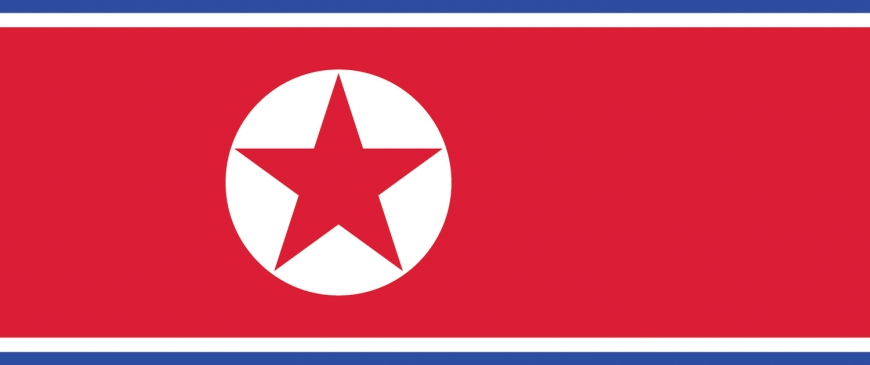
Judy Asks: Is it time for hard power in North Korea?
If there ever was a chance of a successful military response to North Korea’s nuclear program, it is now gone. British Foreign Secretary Boris Johnson could have been more tactful when he suggested that in a war, North Korea could “vaporize large parts of the South Korean population;” but North Korea does have enormous firepower within range of Seoul. And if the United States attacked the Kim regime, there would be no guarantee (even if China stayed out of the fight) of achieving a rapid military victory, or of preventing North Korea from delivering a nuclear warhead—whether to South Korea, Japan, or US territory—before the conflict was over.
If it is too late to stop North Korea having useable nuclear weapons, then the focus should shift to managing the situation. Western powers should work on China to slow North Korea’s progress, at least, by ensuring that no nuclear missile technology, from whatever source, reaches it. But the West should also think creatively about talking to Pyongyang about issues such as nuclear doctrine. If there is one thing worse than North Korea having nuclear weapons, it is a situation in which the United States and North Korea misjudge the other’s criteria for using such weapons.
Ian Bond, director of foreign affairs at the Centre for European Reform.
